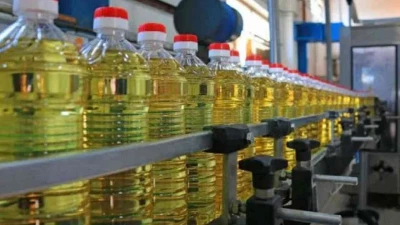- Phone: +977-9808226344
- Email: critnepal@gmail.com

In addition to producing very little soybean and sunflower oil, Nepal does not generate any palm oil at all.
Despite this, according to government authorities, the import of edible oil has been breaking records every year as shrewd Nepali traders profit from the South Asian Free Trade Area (SAFTA).
A 23 percent increase over the previous fiscal year was seen in agricultural imports into Nepal. The rise in purchases of edible oil, especially soybean oil, was the main cause of the import bill's steep climb.
Edible oil imports increased from Rs82.90 billion to Rs120.46 billion in only one year, with imports of crude palm and soybean oil reaching about Rs100 billion.
Concerns regarding Nepal's trade policy, which permits import and export under a duty-free quota system, have been expressed by India.
The Solvent Extractors Association of India said in a letter to the Indian federal government last year that palm and soybean oil coming from different nations were being shipped through Nepal to India in order to benefit from the zero-duty privilege given to Nepali exports.
Due to the zero-tariff provisions of the South Asian Free Trade Area (SAFTA) agreement on goods exported from developing nations like Nepal, Nepali traders have been importing crude soybean and palm oil from other nations while paying the minimum tariffs and then re-exporting the finished product to India with zero-tariffs.
According to trade experts, Nepali traders can make a net profit of 45%, ignoring additional profits, by importing crude oil with no tariff privilege and re-exporting it to India with no traffic privilege.